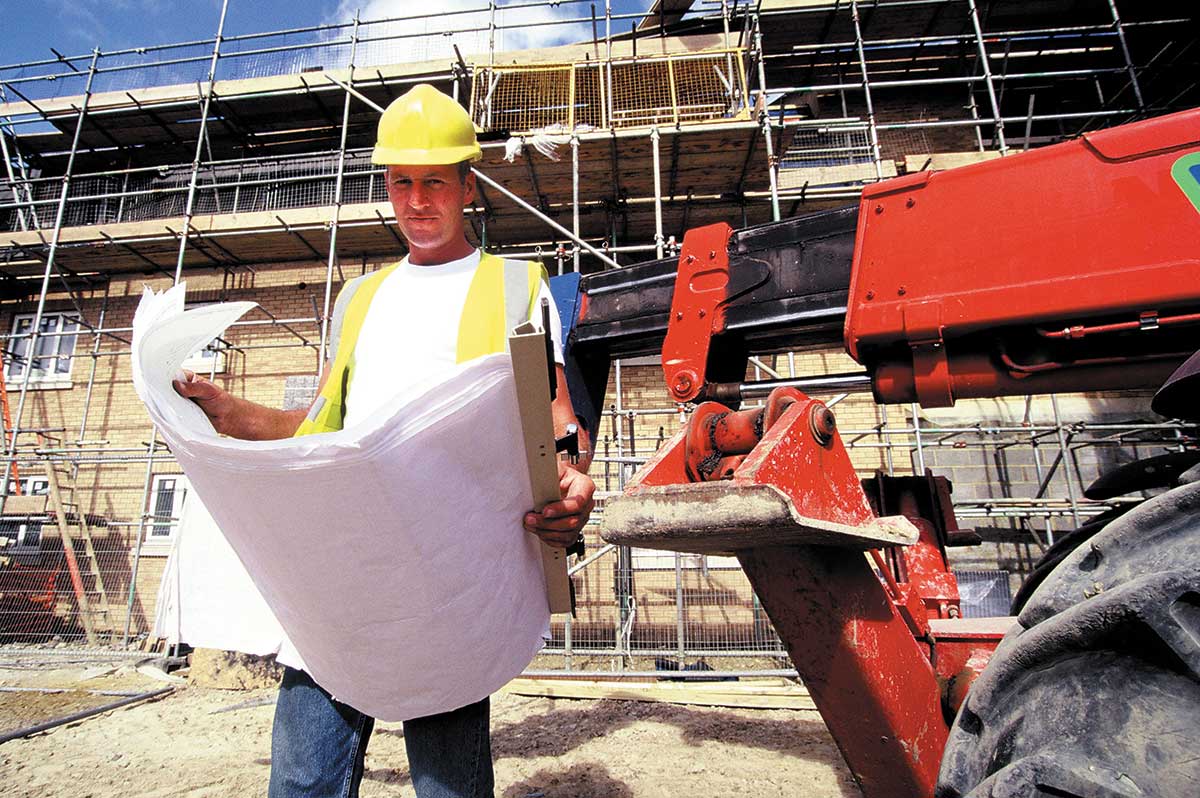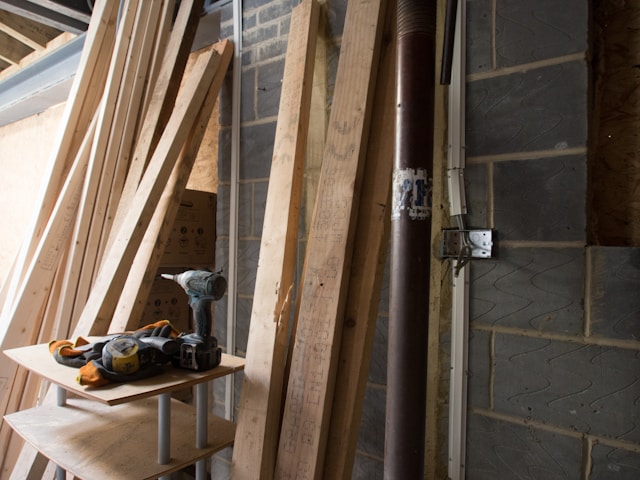If you’re building an extension to your home, it can be considered a new build because it is, in fact, a new build structure. In that case hiring a builder will reduce the strain that comes with project managing your build.
In the case of a major renovation project too, you will have the option of getting a builder, which is attractive as it will save you time and the organisational headaches that come with hiring the trades directly and keeping on top of site maintenance.
However, know that smaller jobs and more complicated ones like upgrading an existing house, will be less attractive to builders than new builds (or large extensions) and will therefore command a premium, if they quote for the job at all.
At the time of writing, the shortage of builders means they will only take a less attractive job (i.e. anything that’s not a new build) if it’s worth their while financially. Also remember that with a builder, it’ll be up to you to double check that their efficient focus on speed doesn’t impact on quality.
Depending on the scale of the project, when hiring a builder you may go through a tendering process and hire a quantity surveyor to prepare the tender documents. On smaller projects you may directly hire a builder you’re already confident will do the job well.
In reality there is little to no consumer protection if anything goes wrong with your builder, so in either case make sure to visit a few of their recent projects and talk to some of the clients without the builder present.
And get them to sign a formal contract that sets out the responsibilities and expectations of each party, based on a clear set of construction drawings with bill of quantities. The simplest ones are standardised plain-English small works contracts.








